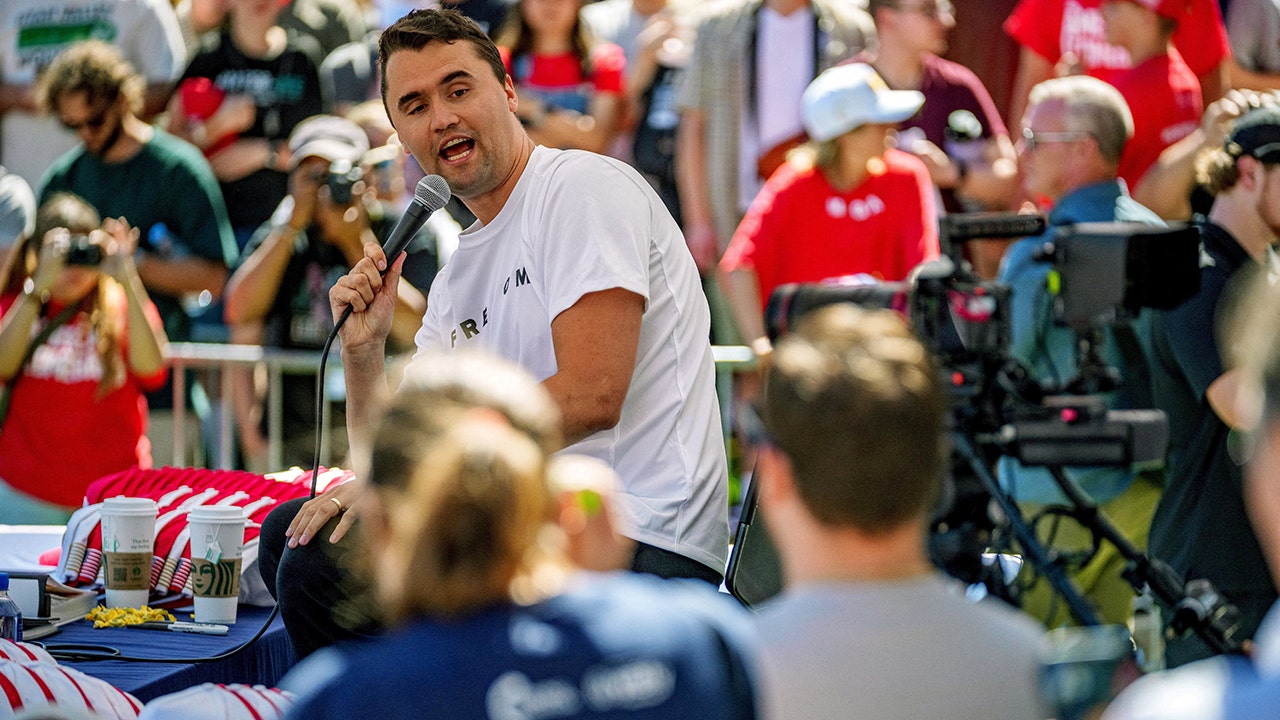Having your mom as your best friend seems nice in theory — and it’s certainly romanticized in television shows such as “Gilmore Girls,” “Jane the Virgin” and “Ginny and Georgia.”
But psychologists warn that this kind of relationship can do more harm than good.
“I think a lot of people see these kinds of relationships on TV and wish their mom was ‘cooler,’” Dara Winley, PhD, LMFT, a Chicago-based therapist and assistant professor at Adler University, told SELF.
Psychologists warn that such relationships can actually be an unhealthy connection that negatively affects the child.
It usually involves the child taking on a more supportive, adult role in the family that a young person shouldn’t have to.
In psychology, this is called parentification. Parentification is a role reversal between parent and child, where the child takes on responsibility that’s not “developmentally appropriate” for their age, according to Cleveland Clinic.
This can take form in many ways, such as a child having to take care of their younger siblings, playing mediator for their parents’ arguments, acting as a parent’s therapist, or even being in the know about their parents’ issues, such as a single parent’s dating life or financial struggles.
In some cases, a child may be fully running the household due to a physically or emotionally absent parent.
Parentification sees a minor become their parents’ emotional caretaker “based on the parent’s inability to manage their own emotions and sufficiently care for their child,” Psychology Today said.
Though this parent-child relationship can be damaging, Winley noted that it’s not typically a malicious action and tends to stem from unstable upbringings and blurred boundaries.
Some parents may turn to parentification because they never learned to deal with their feelings on their own or had a similar relationship with their parents, so they believed that it’s the child’s job to take care of the parent.
Others might be working multiple jobs or be single parents, so the child has no other option than to step up and help take care of siblings and household tasks.
“Overall, parentification can be difficult for the child. It doesn’t always allow kids to go through developmental phases if they’re having to provide either logistical, tangible or emotional support to a parent or to others,” psychologist Kate Eshleman, PsyD, told Cleveland Clinic.
“If a child is having to take care of things within the home, then they’re not spending time with friends. They may not be focused on their studies. They may not be doing the things that are typical and expected for their age.”
A parentified child may also experience physical symptoms such as headaches, stomach aches, trouble sleeping and lack of appetite.
“When a child has physical complaints, there is evidence that it can be related to their emotional health,” Eshleman said. “For a young child or adolescent who may not have the ability to recognize their own emotions and stresses, it may manifest as physical symptoms.”













